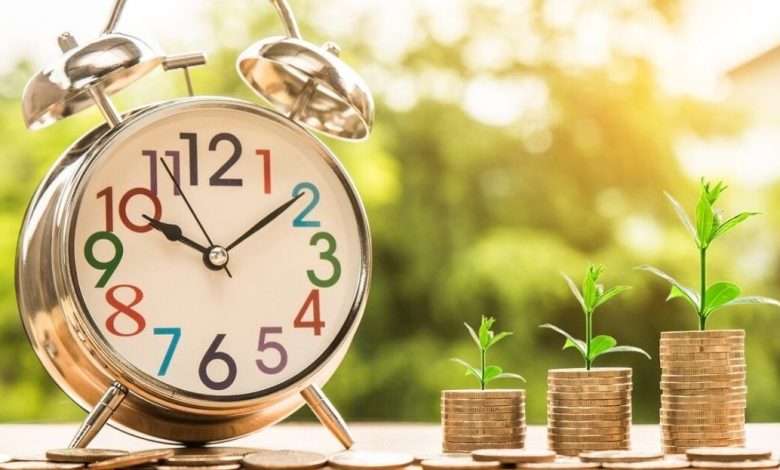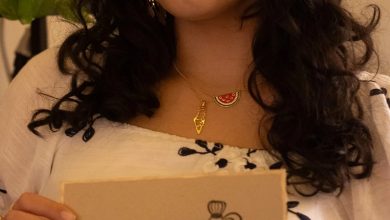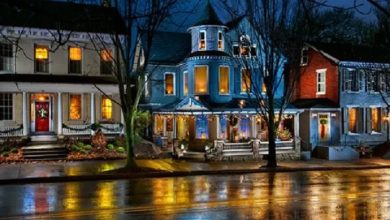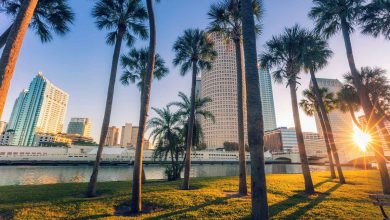End of Daylight Saving Time 2025: What Americans Need to Know
Clocks Fall Back on November 2, Bringing Earlier Nights and Brighter Mornings.

The United States will end daylight saving time today, Tuesday, November 2, 2025, as clocks are set back by one hour at 2:00 a.m. local time, marking the second-earliest possible date for the conclusion of this annual system. With this change, Americans will notice that sunsets occur a full hour earlier, signaling the start of the long, dark nights typical of winter.
While some welcome the shift for providing brighter mornings, many express concern over its impact on mental health, especially since early darkness is linked to increased symptoms of seasonal depression. Supporters of standard time argue that brighter mornings are safer for children heading to school compared to permanent daylight saving time, which would mean commuting in the dark.
Daylight saving time has been observed in the United States since 1918. It typically starts on the second Sunday of March and ends on the first Sunday of November, lasting about 238 days each year. In 2025, it began on March 9 and will end on November 2. In 2026, daylight saving time will start on November 1, causing dark evenings to arrive earlier than usual.
Despite repeated calls in Congress to adopt permanent daylight saving time and fix the clocks, no legislation has been passed so far. Hawaii and Arizona (except the Navajo Nation) remain the only states to maintain standard time year-round, due to climate and geographic reasons.
In the absence of political consensus on changing the current system, Americans are once again preparing to adjust their clocks, along with the accompanying changes in lifestyle, sleep patterns, lighting, and even overall mood.



